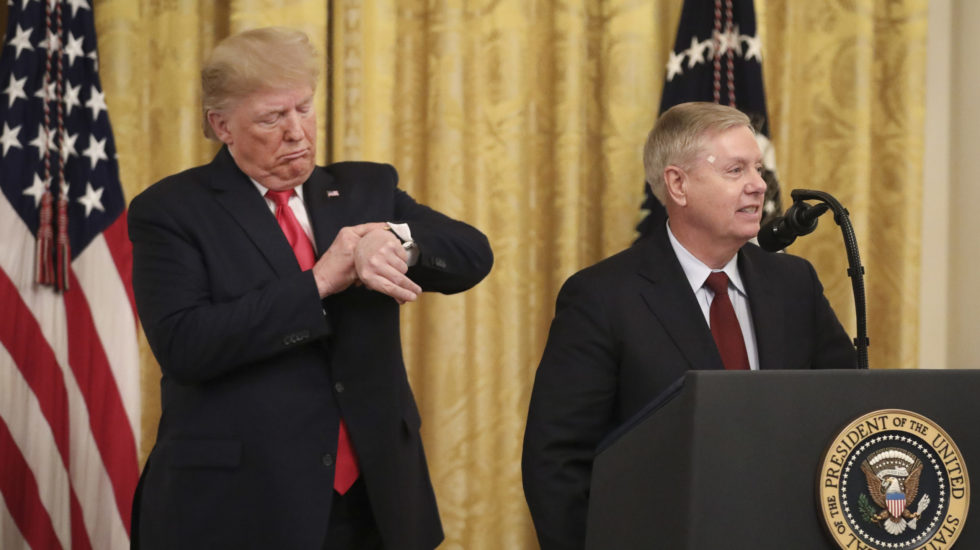Americans are fleeing the GOP, according to a new Gallup poll.
The decline in self-identified Republicans accelerated in the first quarter of 2021, as Donald Trump’s conspiracy theories about the presidential election morphed into a deadly attack on the U.S. Capitol.
Forty percent of Americans identify as Republicans or Republican leaners, according to Gallup. Meanwhile, 49% say they are Democrats or independents who lean toward the Democratic Party. That nine point spread is the largest difference in a decade.
Gallup notes that it’s not unusual for the party that gains the White House to enjoy a bump, but their findings are part of a larger trend that might threaten GOP efforts to recapture the House or Senate in 2022. From a February NBC report:
In Pennsylvania, more than 12,000 Republicans dropped the “R” from their registrations in January. In North Carolina, the figure was close to 8,000. In Arizona the figure was about 9,200 through late-January. And in one county in California, San Diego, more than 4,700 Republicans left the party last month.
Former GOP supporters aren’t completely switching teams – they’re instead becoming independents, according to the Gallup poll. In fact, the tally of self-identified Democrats actually slipped in the first quarter of 2021 from 30% to 29%. It’s the number of independents who lean towards the left that is on the rise.
The battle for independents will therefore define upcoming political contests. Luckily for Democrats, President Biden is becoming more popular with that group. A March Reuters/Ipsos poll found that six in 10 independents said they approved of Biden… up from about five in 10 who felt the same way in January.”
In a February analysis of the GOP’s declining membership, Gallup’s Jeffrey M. Jones highlights Trump’s deleterious effect on the party, writing, “if the Republican party is still internally divided over whether to maintain loyalty to Trump or move beyond Trump next year, it could create a barrier [to GOP efforts to win seats in Congress], especially if bruising GOP primaries between Trump loyalists and non-loyalists… weaken the party nominees in the general election.”



